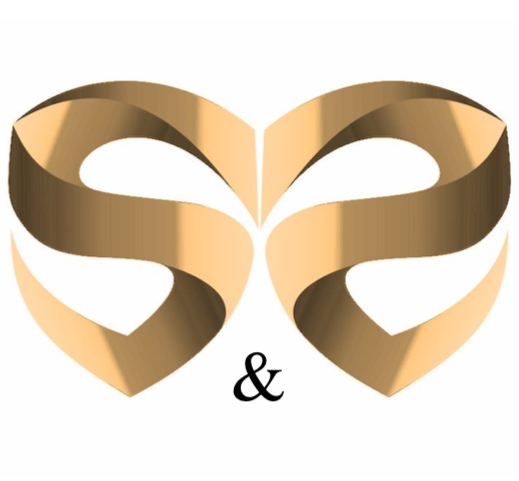Erotic literature has been a popular form of entertainment and arousal for centuries, with works such as “Lady Chatterley’s Lover” and “Fifty Shades of Grey” becoming cultural phenomena. But what is it about these stories that captivate readers and spark their imagination? And how do they impact our relationships and intimacy?
To begin, let’s define what we mean by erotic literature. At its core, erotic literature is writing that is intended to arouse the reader sexually. This can range from explicit descriptions of sexual acts to more subtle depictions of desire and longing. The key ingredient is that the writing aims to evoke a sensual or sexual response.
One of the primary draws of erotic literature is the way it allows readers to explore their fantasies and desires in a safe and private space. Through the words on the page, readers can immerse themselves in a world of pleasure and excitement, free from judgment or consequence. This can be especially appealing for those who may feel shy or inhibited when it comes to expressing their sexuality in real life.
Erotic literature can also be a powerful tool for improving intimacy in relationships. By reading and discussing erotic stories with a partner, couples can open up conversations about their desires and fantasies, and explore new ways of pleasuring each other. This can lead to a deeper understanding of each other’s needs and wants, and a more fulfilling sexual relationship.
But it’s important to note that not all erotic literature is created equal. Some works may perpetuate harmful stereotypes or promote unsafe sexual practices. It’s crucial to approach this genre with a critical eye and to seek out works that are consensual, respectful, and promote healthy attitudes towards sex.
So, how can one go about finding quality erotic literature? A good starting point is to look for works by authors who are known for their thoughtful and nuanced depictions of sexuality. Some authors to consider include Anais Nin, Nicholson Baker, and Mary Gaitskill. Online retailers and libraries also often have sections dedicated to erotic literature, sensual content making it easier to find a wide variety of works to explore.
In conclusion, erotic literature can be a powerful tool for exploring our fantasies, improving our relationships, and deepening our understanding of our own sexuality. By approaching this genre with a critical eye and seeking out works that are consensual, respectful, and promote healthy attitudes towards sex, we can unlock a world of pleasure and excitement.


Commenti recenti